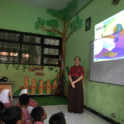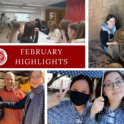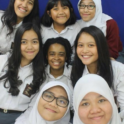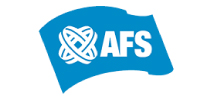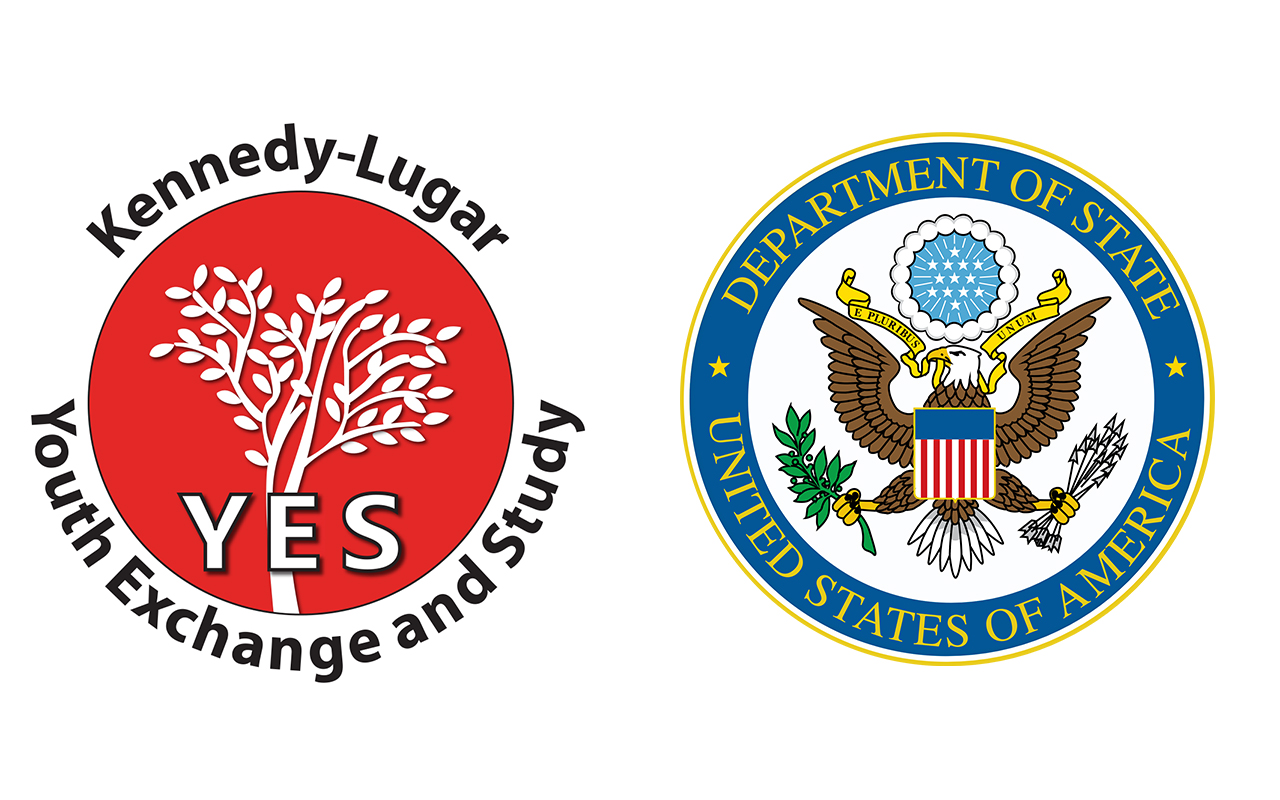Indonesia
Study in INDONESIA with YES Abroad!
Indonesia, known officially as The Republic of Indonesia is comprised of over 17,000 islands and hundreds of ethnic groups, and is the fourth most populated nation in the world. Despite having the largest population of Muslims in the world, there are still prominent Christian, Buddhist, and Hindu cultures. Indonesia declared its independence after Dutch and Japanese rule in 1945. Today, it is populated by a diverse yet harmonious number of ethnic groups, mainly Javanese, Sundanese, Maduranese, and Minangkabau. The languages spoken in Indonesia range from the official language of Bahasa Indonesia, to English, Javanese, Sundanese, and other local languages. Indonesia has a tropically hot and humid climate that is often more moderate in its highlands.
The capital city, Jakarta, has its own Betawi culture. Betawi is a blend of Chinese, Arab, Portuguese, Dutch, and Indonesian elements, creating a unique and vibrant atmosphere. Indonesian cuisine similarly draws from several cultures and varies significantly based on the region. Over time, Indonesia has mixed Indian, Middle Eastern, Chinese, and European elements into its traditionally spicy food, creating a cuisine rich with noodles, vegetables, fish, and poultry, with rice as a national staple and spices as a necessity. Indonesians often display their warm sense of generosity through food; it is common for family and friends to drop by unannounced for a meal and bring along food for everyone to share. Indonesians are similarly generous with their time. Rather than filling calendars with blocks of meetings, activities and errands weeks in advance, Indonesians are often not concerned with the concept of "wasting time." It is an expression of friendship to wait for the arrival of a friend, even if the wait is hours-long.
Indonesia's fusion of culture, language, and food serves as the basis for its national unity. This important element of Indonesian identity is expressed in the national motto: "Unity through Diversity."
Most host communities are urban, suburban, or small-town, and while some host families may own a car, the most common forms of transportation include cars, buses, mini-busses, Angkot mini-busses, Bajaj (motorized tricycle), Becak (pedicab), motor-scooter, commuter line, bicycles, and walking. Students typically commute anywhere between 5-10 minutes by foot or up to 1 hour each way by bus, mini-bus, or motor-scooter to their host schools.
Learn more about being a YES Abroad student in Indonesia:
Host Family
Students will live with host families in order to experience true immersion in the local culture. Families are selected based on recommendations by members of the local community, and each is carefully screened by AFS staff and volunteers. Families are carefully vetted through a thorough application process and are highly regarded by their relatives and neighbors. While each family is highly regarded by their neighbors, host family situations and accommodations vary, and each provides a unique experience for each student. Host communities exist through the presence of a strong support network, with a local volunteer, staff member, or liaison available to each student.
Your High School
Students will attend public school, where the average class size is 40 students. The primary language of instruction will be Bahasa Indonesia. School typically runs Monday to Saturday, and uniforms are customary. Students will have the opportunity to participate in a number of extramural and extracurricular activities, such as music, dance, scouting, and Youth Red Cross.
The Political & Security Environment
The United States enjoys good relations with Indonesia. Indonesia is an active member in organizations such as the ASEAN, APEC, the NAM, and the G-20.
For more information, visit the CIA World Factbook.
Health & Safety
With a more than 65-year presence in Indonesia, AFS draws on strong local connections for a deep understanding of the intercultural, health, safety, and security issues. Students are given safety briefings by AFS staff and are registered with the U.S. Embassy in Jakarta to receive travel alerts. AFS works closely before arrival and throughout the exchange year to discuss and prepare for students' well-being. YES Abroad students are supported on the ground by AFS staff members and volunteers. Each student is given a mobile phone upon arrival for emergency use, along with the contact number for their local support representative and the national AFS Indonesia office. Students are covered by medical and political and security evacuation benefits. Students, host families, and natural families have access to a 24-hour emergency number, and AFS staff and volunteers are trained to deal with incidents that may occur on-program.
For further information on Indonesia, visit the U.S. Department of State's website.
Enrichment Activities
Students may have the opportunity to take part in various activities to increase their interaction with local peers in Indonesia. Activities may include field trips, sporting events, cultural excursions, social outings, and community service projects. Examples of previous enrichment activities include:
- Meeting with the Public Affairs Section of the U.S. Embassy;
- Cultural days with Indonesian YES alumni who studied in the United States;
- Traditional Indonesian dance and music opportunities;
- Community service activities, such as volunteering with organizations for children or teaching English.



